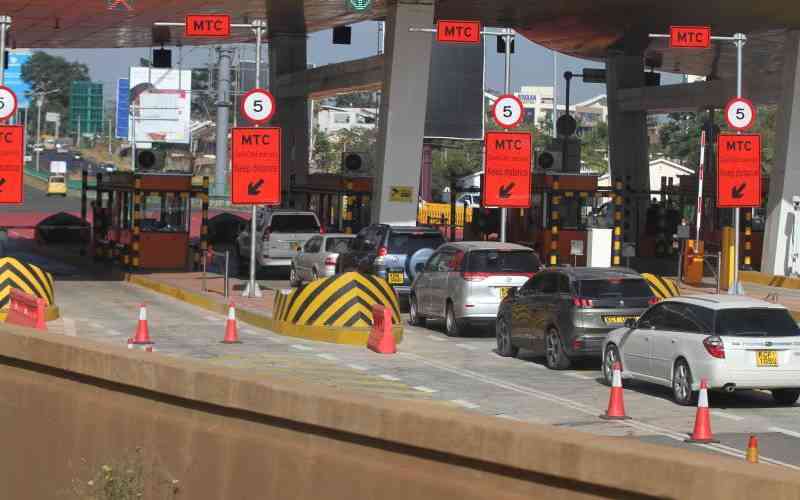
In yet another bid to extract more money from Kenyans, the government last week increased the Petroleum Regulatory Levy from Sh0.25 per litre to Sh0.75.
Not content, the government also has plans to introduce yet another levy, adding to the bevy of taxes that motorists already have to contend with amid high fuel costs in the country. The proposed Motor Vehicle Circulation Tax will most likely come into effect in the 2024/2025 Financial Year if the Budget Policy Statement 2024 gets Parliament's nod. This, and the plan to charge motorists for using certain roads, will further increase the cost of travelling on Kenyan roads.